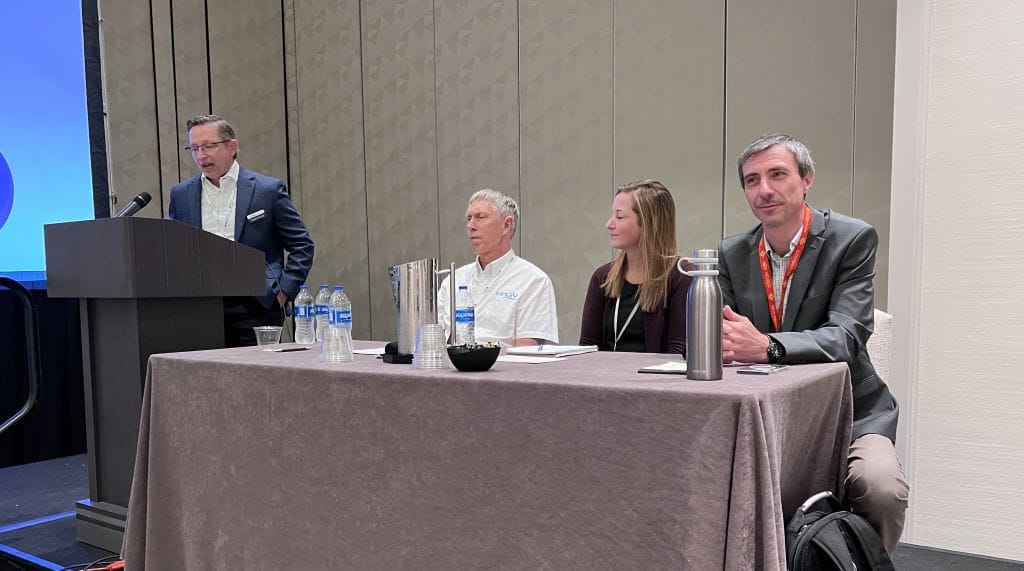Experts Suggest Immediate Action on Permitting in Preparation for BEAD Spending
Experts suggested hiring consultancies and engaging in practice applications for projects.
Teralyn Whipple

DENVER, Colorado, August 9, 2023 – States and providers should engage in the permitting process early, do homework, and minimize surprises by creating a permit plan, suggested experts at a Mountain Connect panel Tuesday.
Telecom industry leaders have pointed to permitting delays as a regulatory burden that could hinder the effectiveness of historical federal investments in digital infrastructure. According to panelists, the average permitting process to build critical broadband infrastructure takes between 18 and 24 months.
Experts told states to begin the process now to avoid delaying the $42.5 billion Broadband Equity, Access and Deployment program, which funds are set to be released in 2024.
State agencies are not staffed to handle permitting request at this scale, warned Dean Mischke, vice president of Finely Engineering, a broadband and energy engineering consultancy. To avoid projects being stuck in backup, state broadband offices must understand what the requirements are for each agency, and set an agenda to get it done, he said.
Study the agencies you do not know about and work with them to submit a practice submission, Mischke continued, urging for states to have a plan to get through the permitting process. He also told states to understand the minimum requirements for each agency and start planning for getting those requirements completed.
Ovidiu Viorica, broadband and technology manager at Connect New Mexico, added that states should begin now to identify the landscape and find out which tracks will overlap jurisdiction with other agencies.
Planning early is just as important, added Elaine Moran, environmental program officer at the National Telecommunications and Information Administration. Early planning and coordination can go a long way, she said.
Particularly for environmental permits, starting the process early can go a long way toward getting the process done by the time providers are ready to build out, Moran said. She added that states should overlay existing data for environmental permits as environmental studies from previous programs are valid for up to 5 years and can help ease some of the cost and resources needed for the application.
The NTIA is here to be a resource for state, she concluded. She suggested that states hire an environmental consultant that can help with permit applications.
In response to permitting concerns, Republican representatives introduced the American Broadband Deployment Act of 2023 in may that would put a 60-day time limit on local review procedures for broadband projects and adds that permitting applications would be deemed granted after that deadline if the locality has not denied the project.
The National Association of Counties released a statement in May expressing concerns that the act would limit local government’s regulatory power over the placement of wireless technologies to structures.








